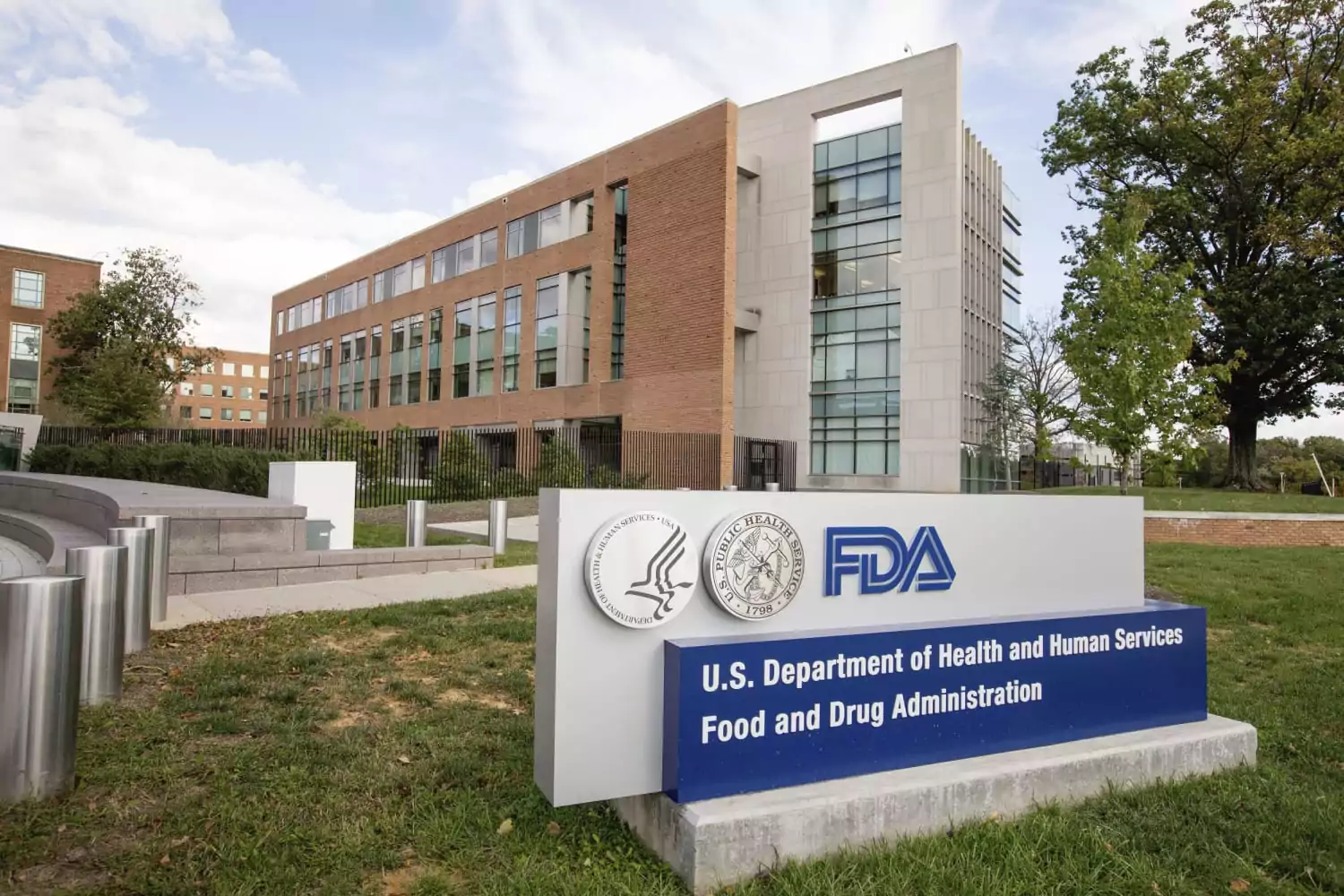Escaped youth tracked by Eagle helicopter, found hiding in New Brighton
The young person who escaped from a youth justice facility in Rolleston has been located...

The US Food and Drug Administration has expanded safety warnings on the Pfizer COVID-19 vaccines, officially acknowledging that heart inflammation, particularly myocarditis and pericarditis, affects a broader group of people than previously disclosed.
On June 25, the FDA approved Pfizer’s “request” to revise its official vaccine documentation to reflect new data showing persistent risks of heart inflammation.
The agency cited updated findings from the Biologics Effectiveness and Safety System and an observational study revealing lingering signs of myocardial injury months after vaccination.
As reported by the Associated Press, the decision followed an earlier directive sent in April, where the FDA instructed both Pfizer and Moderna to update their labels.
While the FDA has the power to require these changes, the final updates are often the result of private negotiations with pharmaceutical companies.
The updated warning now appears in the Warnings and Precautions, Adverse Reactions, and References sections of the COMIRNATY package insert.

US Food and Drug Administration
It applies to people aged six months to 64 years.
The data identifies the rate of myocarditis at eight cases per one million recipients of the 2023 to 2024 vaccine version, with young males between 12 and 24 facing the highest risk. The previous label only referred to boys aged 12 to 17.
These changes were laid out in a formal FDA letter sent to Pfizer on June 25, addressed to company representative Heather Hufnagel.
The letter was signed by Dr Douglas Pratt, Deputy Director of the Office of Vaccine Research and Review.
It approved updated safety documentation for COMIRNATY produced in Pfizer’s Belgium and Michigan manufacturing facilities.
Pfizer must now submit the final structured labeling files within 14 days, and the FDA warned that all advertising and promotional materials must comply with the revised safety content.
The updated labeling includes findings from a peer-reviewed study published in EClinicalMedicine, which showed that patients diagnosed with vaccine-associated myocarditis still had signs of heart damage on MRI scans five months later. These markers are considered evidence of lingering myocardial injury.
What did the study find?
The study involving 38 hospitals has found that a significant number of young people diagnosed with heart inflammation after receiving an mRNA COVID-19 vaccine showed signs of lasting heart damage months later.
The study looked at 333 patients aged 30 and under who were diagnosed with COVID-19 vaccine-associated myocarditis (C-VAM). Most of the patients were white males aged around 16, and many developed symptoms after the first or second Pfizer dose. Almost all presented to hospital with chest pain and elevated troponin levels, a sign of heart muscle damage.
Doctors used cardiac MRI scans to look at heart tissue and found that 82 percent of those with C-VAM had visible injury to the heart muscle, even though most had mild symptoms at first. More concerning, follow-up scans showed that 60 percent of patients still had evidence of heart damage six months later.
The study found the risk of injury was highest in older teenage boys and in those who developed myocarditis after the first or second dose of the vaccine. The damage was seen more often than in patients with MIS-C, a COVID-related condition that also affects the heart.
Despite the lingering signs of heart injury, the study said no patients died or required a heart transplant. However, some did return to hospital with recurrent chest pain or abnormal heart rhythms.
Doctors involved in the study say the findings show that while the initial illness from vaccine-related myocarditis is often mild, the heart damage can persist and needs to be taken seriously. They recommend ongoing heart check-ups for those affected.
This is the largest study to date on young people with COVID-19 vaccine-associated myocarditis and was funded by the US Food and Drug Administration.
New Zealand’s Ministry of Health, via its regulator Medsafe, first formally alerted the public to myocarditis and pericarditis as possible COVID‑19 vaccine side effects on 21 July 2021.
However, it was first mentioned in a public release five months later, which many New Zealand media outlets chose not to report.

